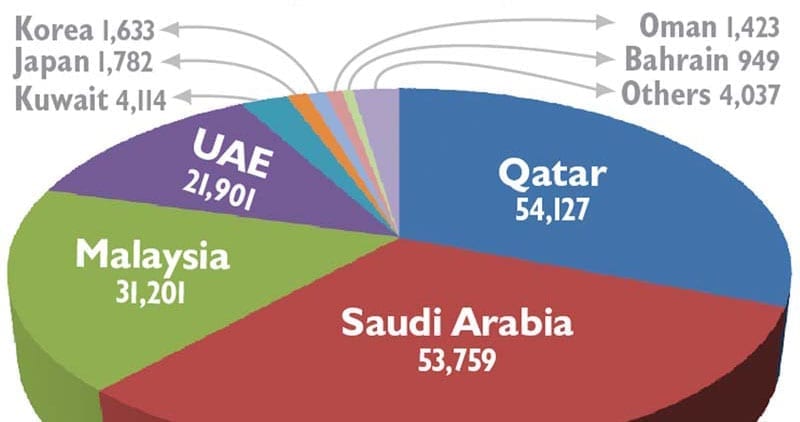
Jan 2, 2018
Three years ago, Roshan Khatum, 14, was married to Sabir in Nepal’s Dhanusha District. (Although child marriage has been illegal in Nepal since 1963, Nepal has the third highest rate of child marriage in Asia.)
Shortly after they married, Sabir left for Saudi Arabia for work. Unable to find jobs to support their families, some 3.5 million Nepalis are working abroad. Many endure physical and other forms of abuse and some, like Sabir, cannot endure the suffering. Nine months after he left Nepal, Sabir committed suicide. At age 15, Roshan became a widow.
Losing her husband was not easy for Roshan. Her pain increased after she was pushed out of her home by her father-in-law, Leeyakat, who told her, “After losing our son, you are of no worth for us.”
Leeyakat travelled to Kathmandu to claim compensation for the death of his son. But when he learned that according to Nepal law the compensation money would be sent to Sabir’s wife, Roshan, Leeyakat said, “Let the body rot there, I don’t want it.”
Leeyakat returned to Kathmandu nearly nine months later, telling officials his daughter-in-law eloped so Sabir’s body could be returned to him as well as the compensation for his death. More than two months later, the coffin arrived in Nepal. His family performed the last rituals for Sabir according to the Muslim custom. However, Roshan was not informed. She did not even have the chance to see the body of her deceased husband.
During his visit to Kathmandu, Leeyakat had learned how to document his claim for compensation. He had even produced a forged document from the local village authority to pursue his claim. Leeyakat was almost successful in receiving the compensation. Yet just before receiving the payment, Leeyakat was caught.
But because Roshan does not have a marriage certificate, she cannot claim the compensation. Roshan only has a paper that states that she was married to Sabir as per the Muslim custom, which the government of Nepal does not accept as an authentic document. Further, because she was married at age 14, she is not technically a citizen of Nepal and so not eligible for government support.
Everyone in the village has tried to convince Leeyakat to come to a mutual understanding. Leeyakat has closed his ears. He doesn’t want to settle with Roshan, even though she indicated she would share half the compensation with him.
According to the insurance company policy, the claim must be settled within two years, leaving Roshan with only a few weeks before the time expires.
Krishma Sharma is a Solidarity Center program officer in Nepal.
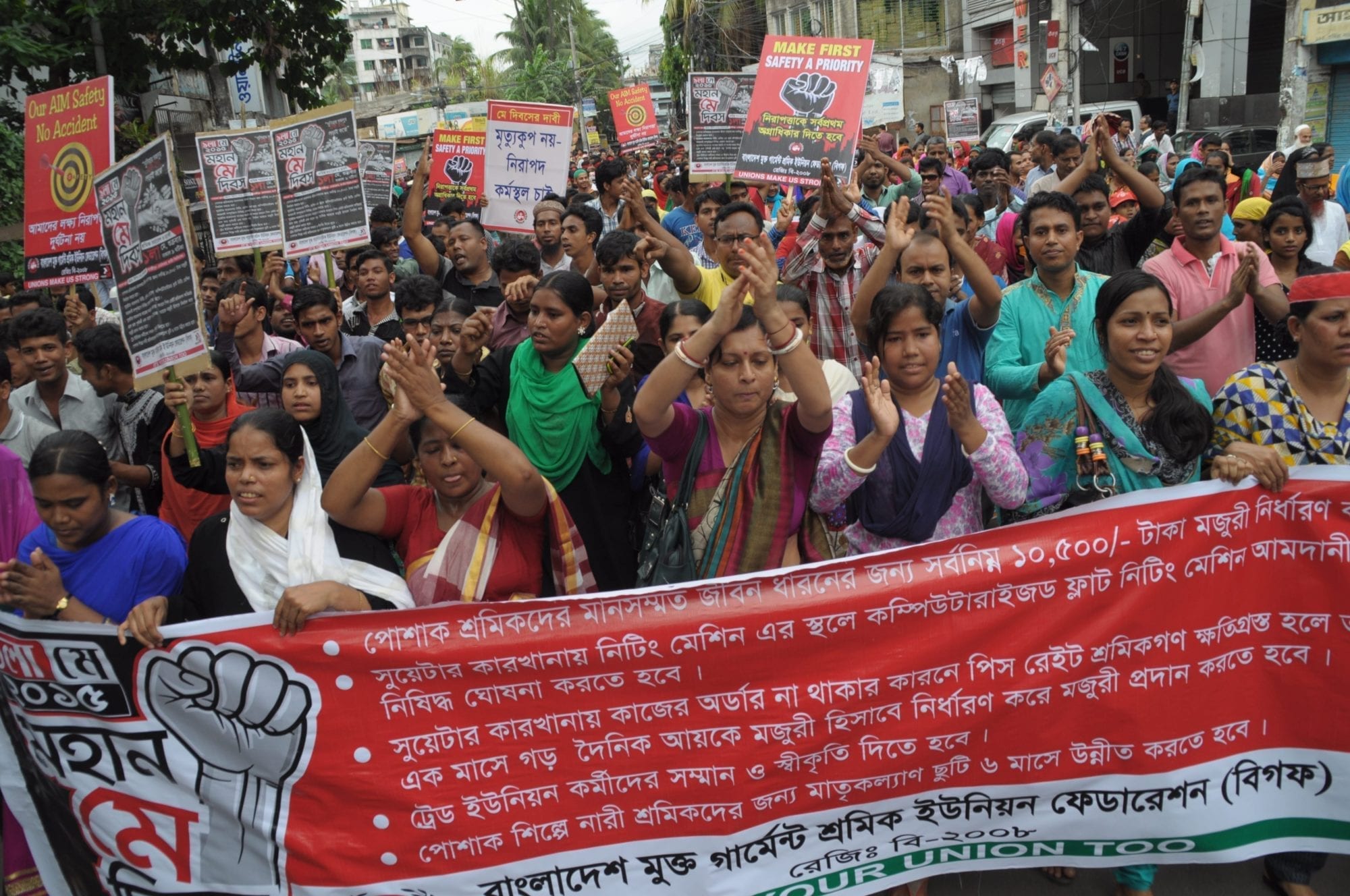
Dec 29, 2017
As part of our year in review series, we are highlighting the 12 most popular Solidarity Center web stories of 2017. This story received the most reach on our Facebook page in January. Read the full story here.
The Solidarity Center warns that the broad crackdown on garment workers, union leaders and worker rights activists in Bangladesh marks a troubling escalation of efforts to silence garment workers and criminalize their fundamental rights to organize, speak to power and improve their lives and livelihoods.
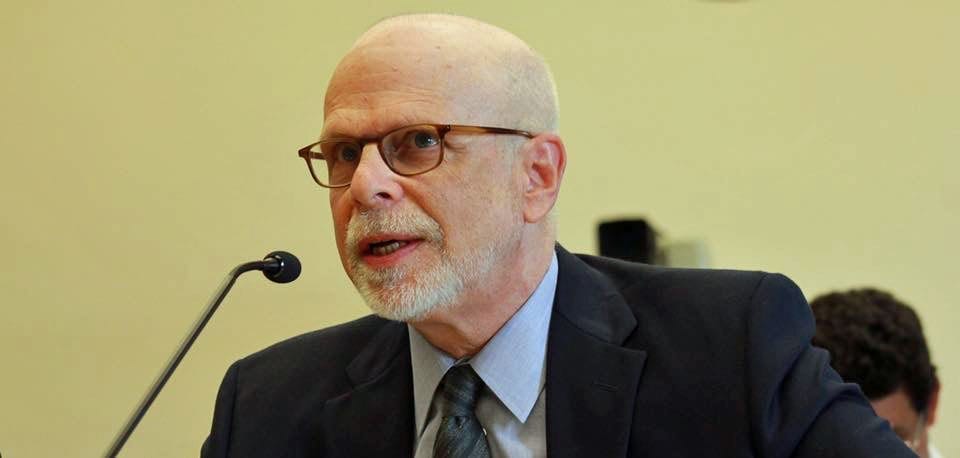
Dec 28, 2017
As part of our year in review series, we are highlighting the 12 most popular Solidarity Center web stories of 2017. This story received the most reach on our Facebook page in February. Read the full story here.
The Solidarity Center and the global labor movement lost a passionate civil-rights champion, tireless defender of workers, brilliant intellect and, most of all, a good friend yesterday. Earl V. Brown, Jr., Solidarity Center labor and employment law counsel, succumbed February 26 to complications following a long bout with pneumonia. He will be sorely missed by family, friends, colleagues and the thousands of workers whose lives he touched around the worl
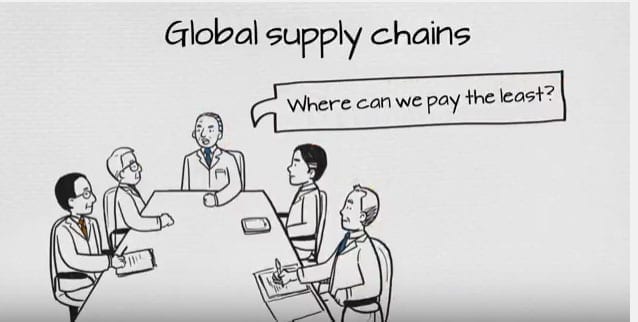
Dec 27, 2017
As part of our year in review series, we are highlighting the 12 most popular Solidarity Center web stories of 2017. This story received the most reach on our Facebook page in March. Read the full story here.
A new Solidarity Center video makes it easy to understand how global supply chains, government inaction, poverty and economic inequality are connected—while highlighting how unions are key to reversing the dynamic that fuels low wages and unsafe workplaces.
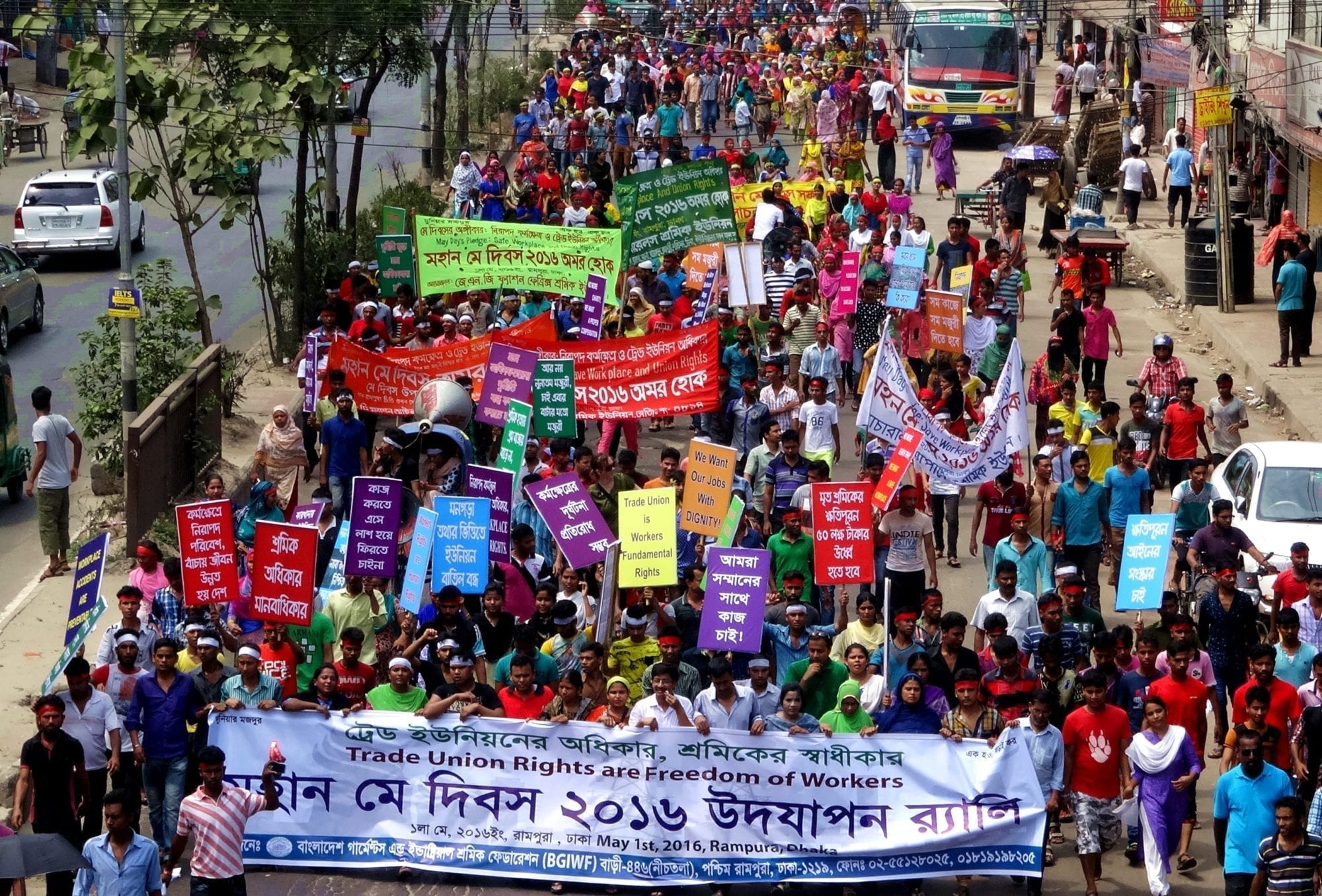
Dec 26, 2017
As part of our year in review series, we are highlighting the 12 most popular Solidarity Center web stories of 2017. This story received the most reach on our Facebook page in April. Read the full story here.
As we approach April 24, the fourth anniversary of the Rana Plaza building collapse in Bangladesh that killed more than 1,130 garment workers and severely injured thousands more, the Solidarity Center is posting first-person stories of three garment worker union organizers who were arrested in December on baseless and dangerous charges, following wage strikes in the Ashulia garment district in December.
Mohammad Ronju, a long-time organizer with the Bangladesh Independent Garment Workers Union Federation (BIGUF) that has helped thousands of workers in 36 factories form unions, was one of the more than 35 people arrested in the December crackdown. On December 27, police entered the BIGUF office in Gazipur, arrested Ronju and later charged him in a January 2015 political opposition explosive substances case, in which he had no involvement. The case carries a sentence of three to twenty years in prison.





